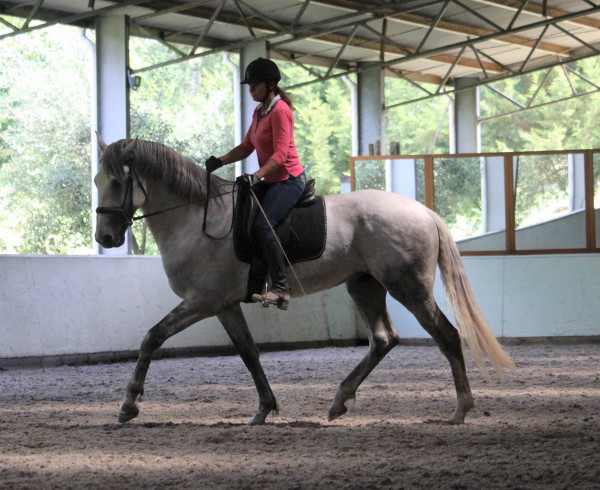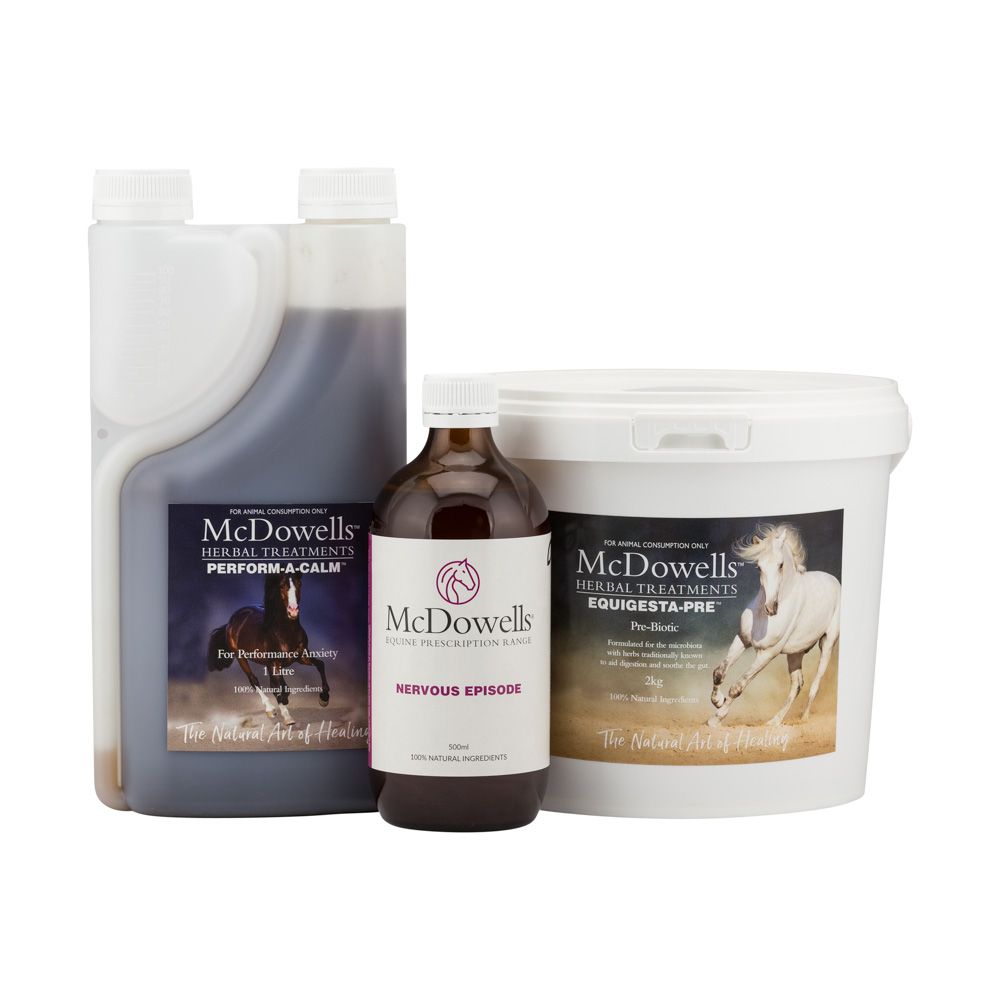One of the most challenging issues each of us faces is our own ability to be calm whilst training our horse. If we are calm and receptive, we are often able to perform miracles with even the most difficult of horses.
As a rider and trainer of horses for my own pleasure, I know only too well the challenges faced by trainers if the horse that we have chosen to ride and train has anxiety and behaviour problems that really cannot be explained.
The tragedy of our time is that a horse is often labelled “too hot” to handle, or just too much hard work.
The Nervous System of all organisms is one of Natures most amazing of expressions - The Heart and its Nerve plexus are the first to form in the newly forming foetus, followed by the Central Nervous System and then the Peripheral Nervous System.
Interestingly, in humans, the nerves plexus correspond to the Ayuvedic Chakra system. The heart has such a complex nerve plexus that it is now found to have it own “brain” cells, brining a new meaning to the term 'Heart Intelligence'.
The Autonomic nervous system (categorised into the Parasympathetic and Sympathetic) is the highway for all kinds of information – keeping all systems synchronised and in harmony.
The Brain’s Neuro-plastic properties has become a hot topic amongst medical researches and scientists as they discover more and more that we are not Hard Wired, but , as organisms our nervous system responds and adapts to change as nature intended.. The most interesting of this science is focused on our own consciousness influencing our own Brain’s Neuro-plasticity, and therefore influencing our own evolution.
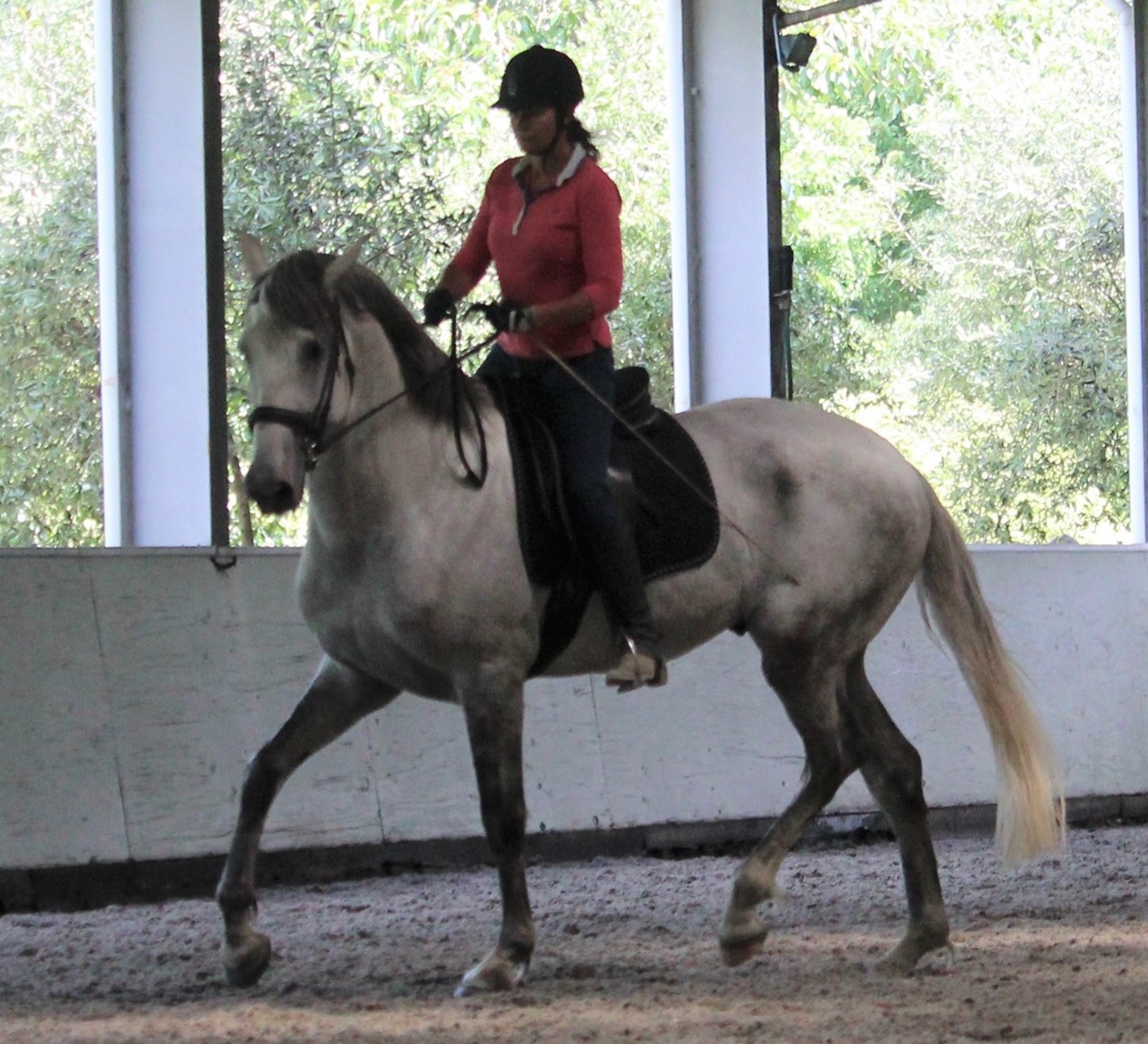
Cognitive Resonance and Dissonance
When any animal experiences a challenge to their routine, they experience a cognitive dissonance. This simply means that this new information creates new neurological pathways, and a feeling of disharmony in the body can result as the Para sympathetic nervous system (our flight/fight system) gets triggered. This sets a cascade of neurological chemicals and feedback loops in motion that stimulates the endocrine system- in particular the Adrenal/Thyroid Axis via the Flight/Fight mechanisms.. In short, the biochemistry of our horse becomes very different – so different that in many cases the feedback loops keep a repeating pattern of dissonance and hormone imbalance.
Mares and some stallions, as many owners would know, are particularly susceptible to this stress response as you will often see mares coming into season after a stressful event, or stallions becoming uncontrollable. Many stallions are often gelded as a result of a trauma unable to be rectified.
Many owners, desperate to help their horse or protect their investment will resort to using sedation, hormone therapy and excessive supplements and at worst, inhumane and forceful management strategies.
Harmony (Cognitive Resonance) can only be restored in the system when the cause is removed, and the system has completed its survival response. If the animal (or person) continues to be on “alert” for danger, harmony can never be achieved.
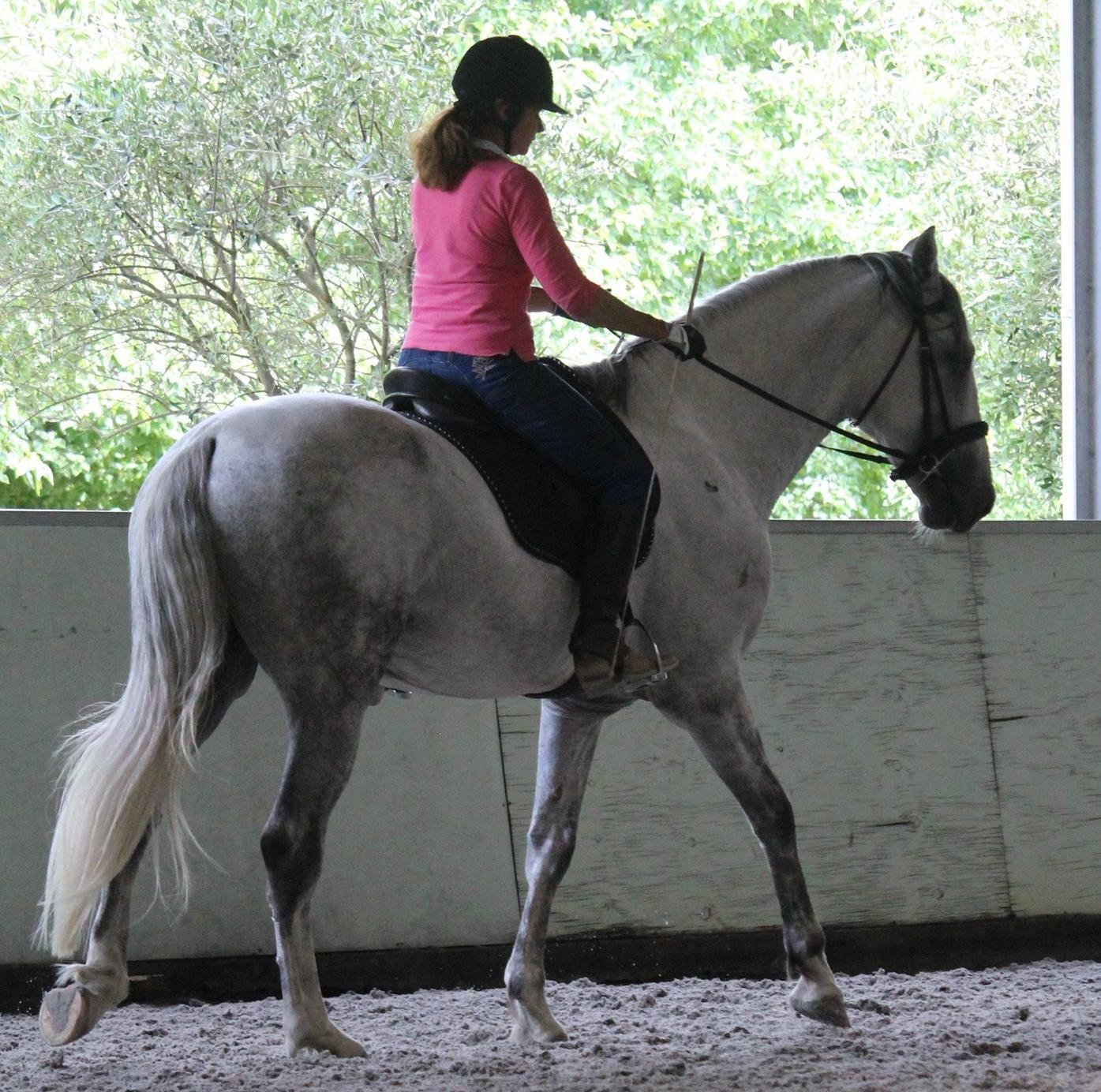
An echo of Trauma...
Trauma, and the impacts of trauma are felt in the body and can reside in the rider and the horse for significant periods. Post Traumatic Stress Disorder (PTSD) is now widely acknowledged in human somatic psychotherapeutic theory as having far reaching consequences. Horses are no different. Trauma affects them, just as trauma affects us.
From a herbalists perspective, PTSD (residual traumatic responses) actually affect the way the body processes information and can impair the immune response.
In order for the body to heal efficiently, we need to deal with the residual impact on the nervous system, when this system is healthy; the whole body (human and horse) is able to work in harmony again.
A good way to understand how the nervous system can be damaged is to consider lightening going through the phone line- too much energy ( resulting in an overproduction of neurochemicals) can “short out” or damage the neurons and axons – the highway of information which control all systems of an organism.
Good Fats and the CNS
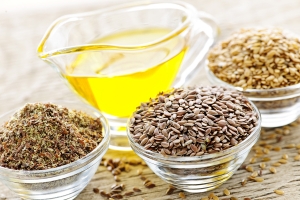 Consider as well that the brain is made up of fat, and the insulation of nerve cells (the myelin sheath) is nourished by fatty acids - primarily omega 3.
Consider as well that the brain is made up of fat, and the insulation of nerve cells (the myelin sheath) is nourished by fatty acids - primarily omega 3.
You can see then that good fats (from flax seed and evening primrose oil) are essential for overall nervous system health, not to mention that certain essential fatty acids are critical for prostaglandin production- essential for endocrine balance.
Using Herbs
My favourite restorative nervines would have to be St Johns Wort, Parsley, mugwort, valerian, hops and the humble chamomile. Each of these herbs have a very specific action and should be used with respect for the whole picture of symptoms.
Adaptogenic herbs are another class of herbs being well respected scientifically.
These herbs have the capacity to balance the nervous system bringing any “dissonance” into “resonance” as these herbs act to bring the whole organism into harmony.
The beautiful herb known as Withania or Ashwaganda is one of my favourites here, as it really helps to restore the adrenal glands which are fatigued from trauma, and brings the feeling of heart strength back in those that feel defeated. Borage is another herb which has these properties.
Herbs that sedate are also useful. It’s critical that the system is able to rest and relax well between periods of stress. I often use the herb Zyziphus with Valerian, aiding muscular relaxation as well as mental relaxation.
Lavender is a gorgeous nervous system herb – relaxing muscular tension and promoting a sense of peace and relaxation.
I had a client’s horse that was being worked near a lavender bush, and he kept diving his head into the flowers, creating a powerful smell. This horse was a little uptight, and would often run around the paddock for no reason.
A course of nervous system restorative herbs resulted in this horse no longer diving for the lavender bush every time he passed it or running around the paddock randomly.
This is a good example of watching your horse for cues that he is trying to self medicate.
Again, it’s critical to get a very knowledgeable Herbalist to help prescribe the most appropriate combination for you and your horse. In-depth discussion is critical, as is checking the usage of herbs like S t Johns Wort which are contraindicated with some medications.

